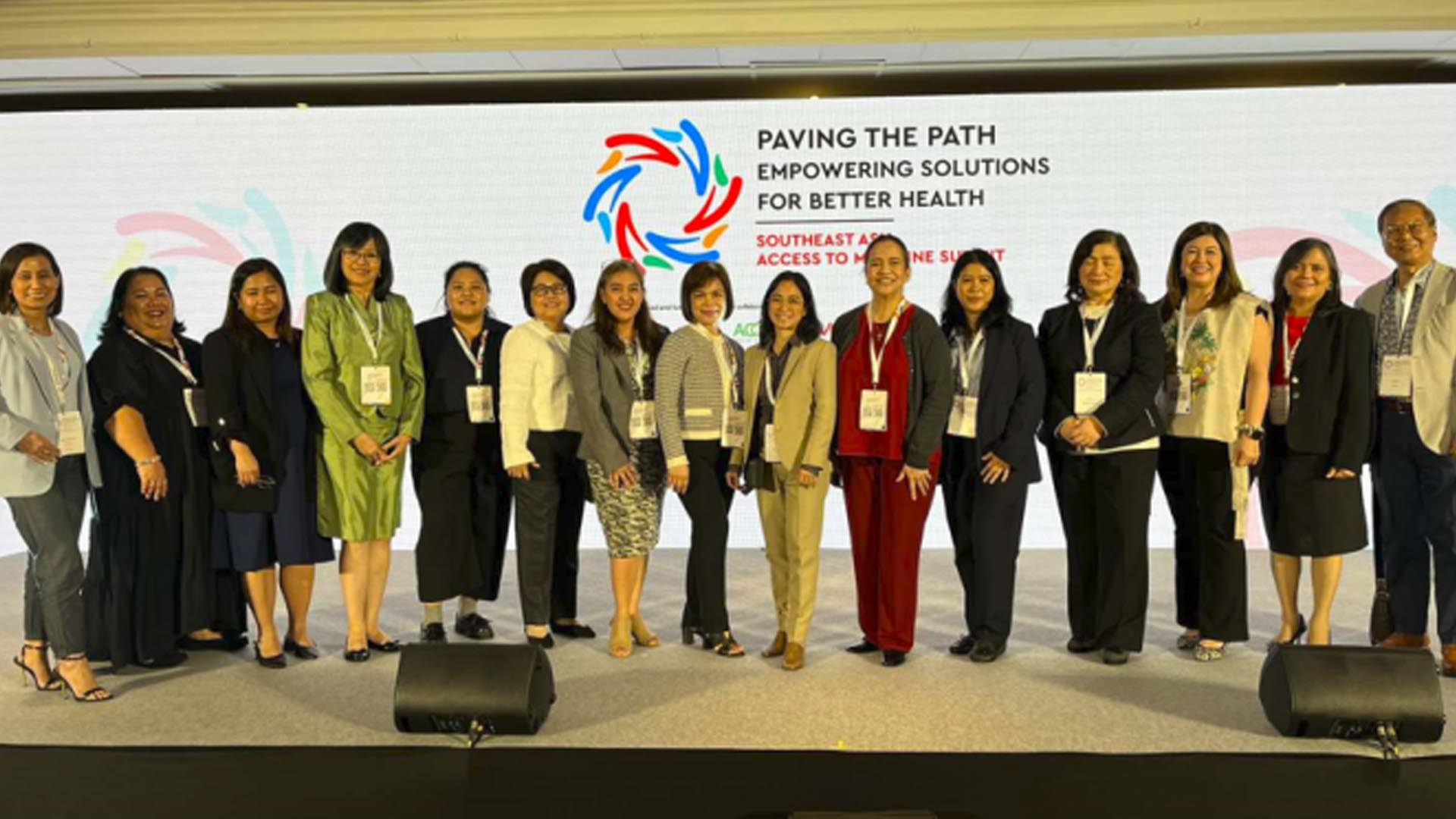Advocating for the interests of patients should be part of a multi-sectoral approach to improving access to medicines, according to Takeda Healthcare Philippines’ delegates who attended the inaugural Southeast Asia Access to Medicine (SEA AtM) Summit held recently in Bangkok, Thailand.
The regional summit gathered over 100 regional leaders, policymakers, academic institutions, healthcare professionals, industry players, and patient advocates committed to helping ensure sustainable and equitable access to innovative medicines for underserved communities all over Southeast Asia (SEA), according to a news release on Sunday.
Based on World Health Organization reports, progress toward universal health coverage has stalled since 2019, leaving millions without adequate medical support.
Many continue to grapple with fragile healthcare infrastructure, facing significant gaps in screening, diagnostics, and treatment availability.
Critical to addressing challenges in the Philippines, like inadequate primary care facilities, as well as all over the region is the collaboration of all stakeholders from across the healthcare ecosystem.
Governments, health organizations, and industry leaders need to drive sustainable solutions and equitable access to health care for all, according to AtM participants.
“From high treatment costs to limited access to medicines and inadequate access to healthcare services, patients face challenges beyond their physical illness every day,” Professor Guido David, director of the Diliman Artificial Intelligence Program at the University of the Philippines and OCTA Research Fellow said.
“These challenges often disproportionately impact those living with serious illnesses, who require more tailored support and diagnosis by specialists. Patients in the Philippines, regardless of their socioeconomic status, should be offered timely and equitable medical treatment.”
Guido said if the country can adequately leverage innovative digital solutions that enhance medicine distribution, patient engagement and treatment monitoring to expand access channels, “we can make significant progress and ultimately contribute to the improvement of the Philippine healthcare system as a whole.”
Philippine Alliance of Patient Organizations-Philippines president Karen Villanueva emphasized the critical role of collective efforts.
“To make a real difference to the patient experience and patient outcome, as endorsed by the World Health Assembly, we need to ensure regular, meaningful social participation in healthcare-related discussions,” she said.
“We have started to witness more proactive interactions across patient advocacy groups and other healthcare ecosystem stakeholders. We believe that, with long-term multi-stakeholder collaboration, we can bring about real changes to the healthcare ecosystem that tangibly improves patients’ lives.”
A highlight of the summit was the Southeast Asia Access to Medicines Pledge, a commitment by all partners to drive long-term and sustainable change in the region with an opportunity for more stakeholders across the industry to join in.
The pledge establishes a shared vision and collective responsibility to:
Champion inclusive healthcare systems: Engage and mobilize stakeholders across the healthcare ecosystem, including governments, industry, civil society, and communities, to prioritize equitable access to medicines;
Collaborate for innovation: Forge and strengthen partnerships that enable scalable solutions addressing diseases and conditions disproportionately affecting populations in SEA;
Enable policy transformation: Advocate for evidence-based policies that remove systemic barriers to medicine access and strengthen healthcare systems in the region;
Elevate community voices: Ensure that the perspectives of the most affected communities are integrated into decision-making processes, working in collaboration with key partners;
Demonstrate progress: Support the creation of a concrete, measurable roadmap with achievable milestones that will track and assess improvements in access to medicines across SEA.
“Southeast Asia’s healthcare challenges demand innovative, integrated, and collaborative solutions. Forums like this summit provide a critical platform for cross-industry dialogue, fostering partnerships that can drive meaningful and lasting change,” Dr. N. Krishna Reddy, chief executive officer of Access Health International, said.
The first SEA AtM Summit was organized by Access Health, Asian Venture Philanthropy Network and SingHealth Duke–NUS Global Health Institute, in collaboration with Takeda. (PNA)







